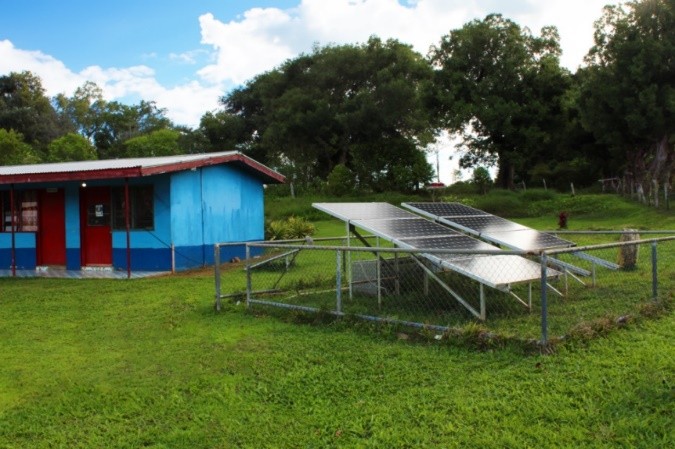mail info@star-centre.org

The Republic of Fiji's National Energy Policy 2021-2030 is a comprehensive framework aimed at transforming the country's energy sector into a sustainable, inclusive, and resilient system. The policy envisions a future where all Fijians have access to reliable, affordable, and environmentally sustainable energy. One of the primary goals is to achieve net-zero carbon emissions by 2050, aligning with global climate commitments and the Paris Agreement.
Central to this policy are five key pillars: energy security and resilience, energy access and equity, energy sustainability, energy efficiency, and energy governance. These pillars guide the strategic actions needed to ensure a stable and resilient energy supply, provide universal access to energy services, promote the use of renewable energy sources, maximize energy efficiency, and improve institutional arrangements to support the energy transition.
A significant aspect of the policy is its focus on renewable energy, particularly solar power. Fiji aims to reduce its reliance on imported fossil fuels by increasing the use of renewable energy sources. Solar energy plays a crucial role in this transition, with initiatives to expand solar power installations across the country. This includes both grid-connected and off-grid solar systems to ensure that even the most remote communities have access to clean energy.
The policy also emphasizes the importance of aligning energy initiatives with climate change goals. It supports Fiji's commitments under the Climate Change Act 2021, which mandates state entities to align their strategies with the country's Nationally Determined Contributions (NDCs) under the Paris Agreement. This alignment ensures that energy policies contribute to broader climate resilience and sustainability objectives.
Read more: NEP Fiji (pacificdata.org)
The 2016 Fiji Rural Electrification Policy, spearheaded by the Department of Energy, seeks to deliver consistent and dependable electricity to all rural regions in Fiji to enhance the well-being of residents and promote social and economic progress. The government has implemented a cost-sharing method in which customers are now responsible for 10% of the total project cost, with the government covering the remaining 90%. The policy also aims to switch out diesel generators with renewable energy sources such as solar power to encourage environmental sustainability and lessen reliance on imported fossil fuels. The Fiji Rural Electrification Fund (FREF) uses a revolving fund model, blending cost-effective monthly payments from rural areas with grant funding from development and donor partners to bring electricity to additional rural communities in Fiji.
The policy remains important in supplying electricity to rural and isolated regions in Fiji. The Fiji Rural Electrification Fund (FREF) is currently engaged in the electrification of rural areas, emphasizing the utilization of renewable energy sources to lessen dependence on imported fossil fuels.
Solar power is a vital element of this strategy. The government is swapping out diesel generators for solar power systems to guarantee a more sustainable and eco-friendly energy source. This refers to independent solar systems and small off-grid solutions, which are ideal for isolated communities without access to the main grid. Using solar energy helps to decrease carbon emissions and offers a dependable and economical electricity source for rural households, schools, and health centers..
Read more: Fiji Rural Electrification Policy 2016.pdf (asiapacificenergy.org)
